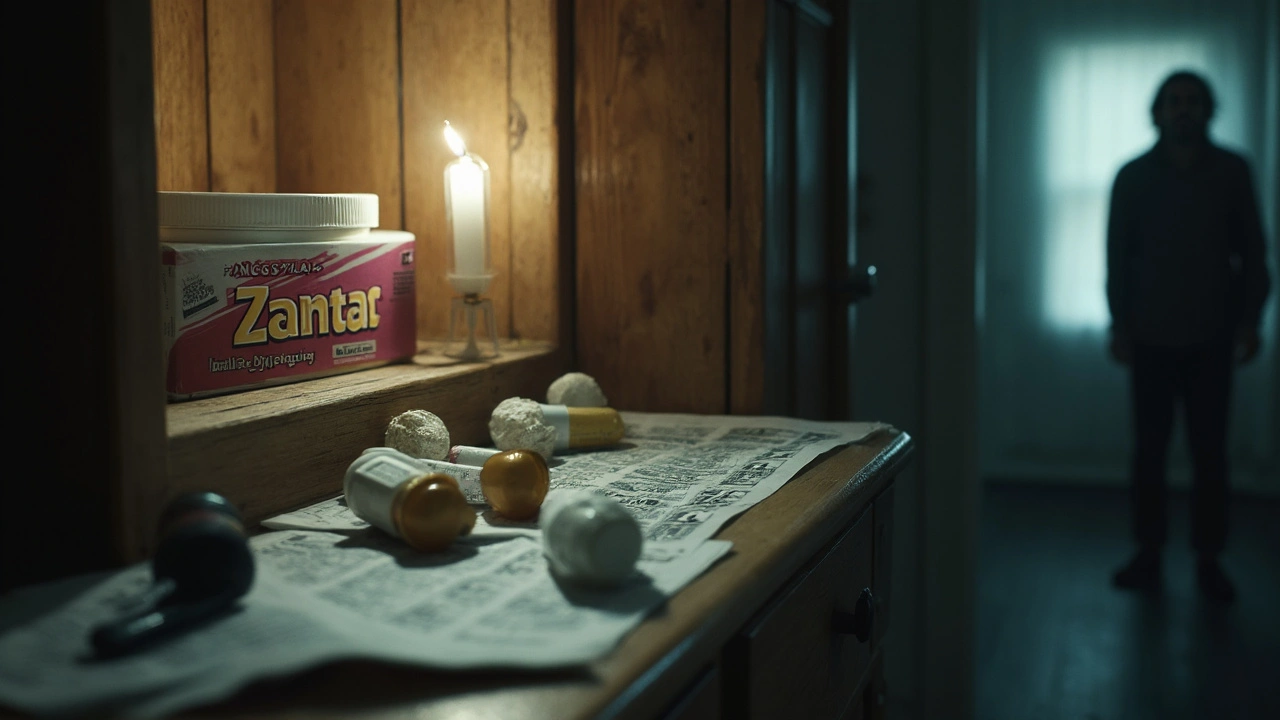Zantac and Cancer: The Hard Truth About Risks, Recalls, and Safer Choices
Zantac used to be everywhere for treating heartburn—just grab it off the shelf, take a pill, and hope the burning stops. But then the news broke: Zantac (ranitidine) might carry a risk of cancer because of a chemical impurity called NDMA. Suddenly, people who had taken Zantac for years found themselves questioning every dose.
Here's what actually happened. In late 2019, tests discovered some ranitidine medicines contained NDMA, a likely human carcinogen, at levels above what the FDA considered safe. That set off a wave of recalls around the globe—pharmacies pulled Zantac from their shelves, and doctors started switching patients to other medications. Now, Zantac isn't just about heartburn—it's about lawsuits, cancer worries, and what to do next if you took it.
Are people really at risk? The science gets complicated fast. Some studies, like those from the FDA and other health agencies, flagged an increased cancer risk tied to the NDMA found in stored ranitidine. The risk seems highest for people who took Zantac daily for months or years. Types of cancer that got linked to NDMA include gastric (stomach), bladder, and colorectal cancer. That’s more than enough to panic if you had a Zantac habit.
So what should you do if you took Zantac? First, don’t panic. Cancer risks from NDMA are real, but the numbers are still considered small for most folks. That said, it’s smart to talk to your doctor, especially if you took ranitidine long-term. They might recommend screenings or just put your mind at ease.
What are the alternatives to Zantac? Doctors now switch to other heartburn meds, such as famotidine (Pepcid), omeprazole (Prilosec), or lansoprazole (Prevacid). These don’t show the same NDMA problems, and they work the same way—blocking acid or controlling reflux. If you’re still reaching for Zantac, it’s time to clear out your medicine cabinet and pick one of these instead. Plus, these drugs are easy to find both in-store and online.
Lawsuits are a whole different story. If you’ve seen those commercials about Zantac lawsuits, you’re not alone. Thousands have already filed claims, saying they got cancer after taking Zantac. If you’re thinking about legal action, gather medical records and proof of purchase before talking to a lawyer. It’s not instant, but it’s how the process works.
The bottom line? Zantac’s cancer controversy isn’t going away soon. Whether you used it for a few weeks or half your life, staying informed is key. Don't ignore heartburn—just switch to safer meds and keep up with regular checkups. News on Zantac is still changing, so check back here for real updates, practical guidance, and answers that make sense for real people, not just pharmaceutical insiders.

Zantac: Latest Facts, Safety Risks, and Alternatives in 2025
Zantac, once a go-to solution for heartburn and acid reflux, became headline news after concerns about potential cancer risks led to a global recall. This article digs into the science behind Zantac's active ingredient, explains why regulators pulled it from shelves, and answers pressing questions about ongoing lawsuits, safe alternatives, and what to do if you once relied on it. With practical advice and the latest updates in 2025, readers will have a clear understanding of Zantac's journey from medicine cabinet staple to controversy. Facts, tips, and honest answers help you make the best choices for your health.
